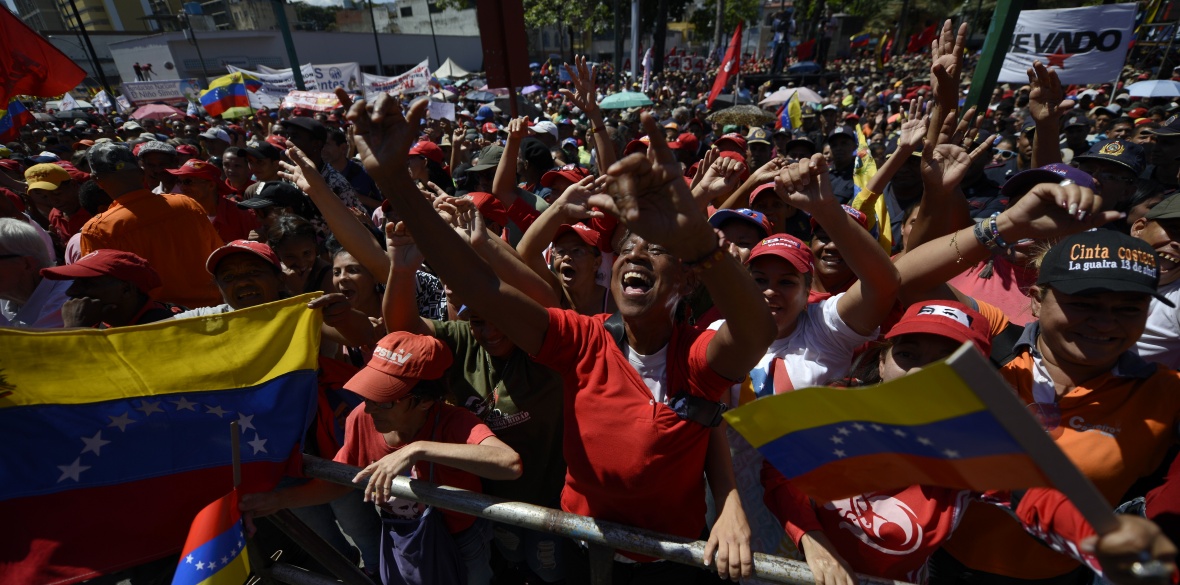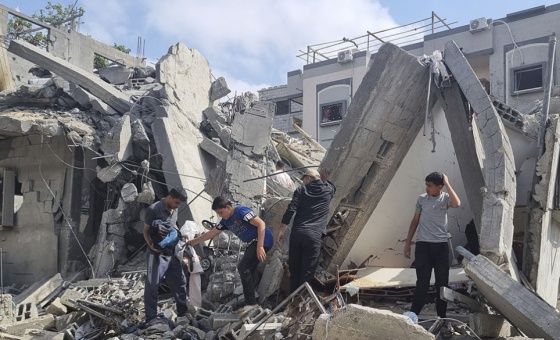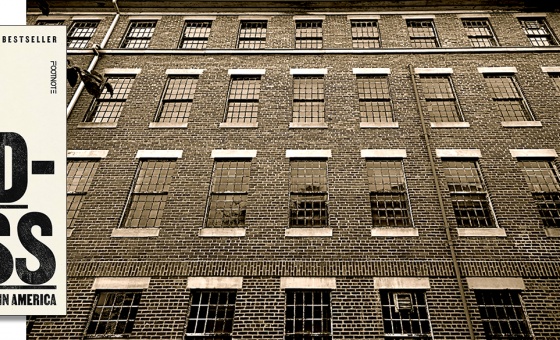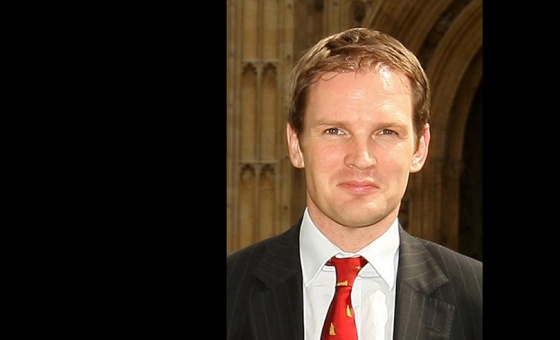This is the last article you can read this month
You can read more article this month
You can read more articles this month
Sorry your limit is up for this month
Reset on:
Please help support the Morning Star by subscribing here
ATTENDING last week’s International Conference Against Imperialism in Caracas was rather like attending a Labour Party conference in Brighton, except with better weather and more socialism.
Another difference was that conference delegates from Venezuela were, in general, more working class and darker skinned, reflecting the social base of support for the revolution — a revolution which against all odds has survived economic destabilisation, a media war, sanctions, the death of Hugo Chavez, and two attempted coups.
The Venezuelans were joined by 400 trade unionists, solidarity and social movement activists and journalists from around the world who had come together to share experiences and strengthen anti-imperialist co-operation.
There were workshops, stalls selling T-shirts, animated discussions in every corner, and shouts of “Mira, Mira!” (look, look) as old friends greeted each other across crowded rooms.
The backdrop to the four-day summit was the anniversary of the second coup against Venezuela’s democracy.
On January 23 last year, Juan Guaido, a little-known parliamentarian from a small right-wing party, Popular Will, mounted a platform in a Caracas city square, declared himself president of Venezuela, and was immediately recognised by the United States.
Guaido’s chutzpah, even backed by the threat of US military intervention, was not enough to propel him into Miraflores presidential palace.
A year later, the real president, the democratically elected Nicolas Maduro, remains firmly in control, while the pretend president commands not a single hospital, school, police station or army unit.
Instead, despite being recognised by 50 Western countries and US client states, including Britain, Guaido’s self-declaration turned him into an international figure of fun.
In Paris, a yellow vest declared himself president of France. Having more modest ambitions, I declared myself president of the Mull of Kintyre, recognised by Paul McCartney.
Yet the situation inside Venezuela could hardly be more serious. US sanctions, which began in 2015 under Barack Obama with travel bans on government officials, are now wreaking economic and social devastation.
Compared with my last visit in 2018, the outward signs of economic decline are all too apparent; dirtier streets, intermittent public transport, dilapidated hotel interiors, broken taps in bathrooms and so on.
For those of us who made it to Caracas (hundreds were unable to attend the summit after experiencing travel difficulties caused by sanctions), those were minor irritations, soon to be forgotten.
The average Venezuelan, however, has experienced a catastrophic collapse in their living standards and services since Donald Trump seized Venezuela’s oil assets in the US and imposed what is, in effect, an economic blockade against Venezuela.
The Washington DC-based Centre for Economic and Policy Research estimates that sanctions have caused the deaths of 40,000 Venezuelans, with another 300,000 at risk due to a lack of access to medicines.
The death toll would be higher still, were it not for the government’s CLAP programme which distributes monthly food hampers to around six million low-income families.
A decade ago, I reported on the stunning achievements of the revolution in health, education, and poverty reduction that had transformed the lives of ordinary people and given them hope.
Now life is a daily struggle to survive, the revolution kept alive by working-class organisation in the barrios and popular mobilisation on the streets.
At the big anti-imperialist demonstration that coincided with the conference, I spoke to Eliana, a young woman from the Catia barrio in western Caracas.
“Venezuela’s problems are for Venezuelans to resolve, not the United States,” she told me emphatically.
It was a sentiment I had heard time and time again, ever since I first visited the country almost 20 years ago.
And out of all the fine speeches and declarations during the summit, it is her simple statement that should be the watchword of the anti-imperialist and solidarity movement.









